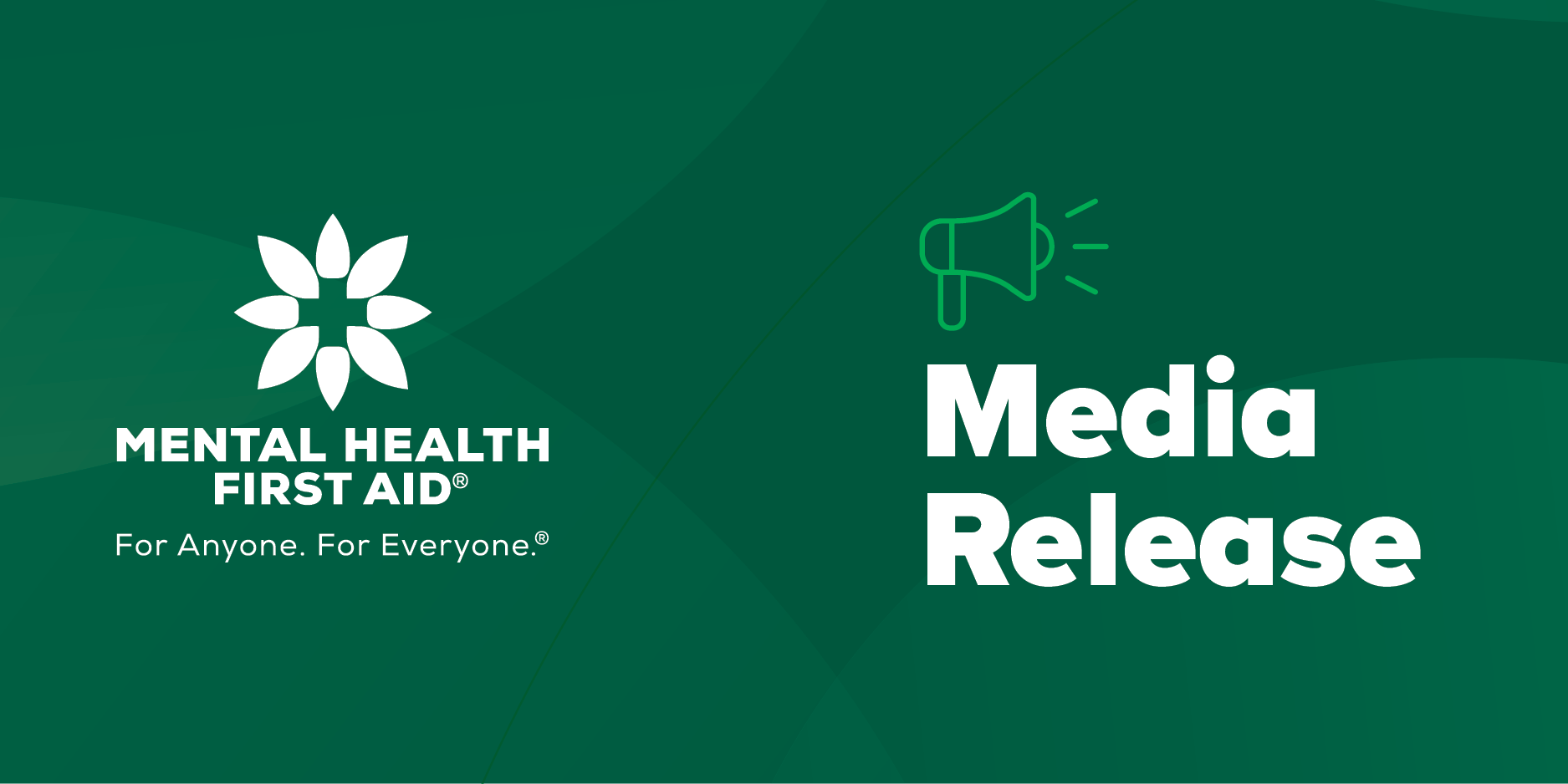The impacts of a mental health first aid conversation are deeply personal and challenging to measure quantitatively, making accurate evaluation complex, according to Mental Health First Aid® Australia’s Director of International Program, Dr Claire Kelly.
The comments come following the release of the Cochrane Review which has called Mental Health First Aid (MHFA) training into question, citing lack of review and evaluation processes.
Similar to physical first aid courses, Mental Health First Aid training equips members of the public with essential skills to recognise and respond when someone is experiencing a mental health problem or crisis situation.
“It is essential to recognise that our program is just one facet of a multifaceted and intricate mental health sector, and we work collaboratively with other stakeholders to improve outcomes for those living with mental illness. Mental Health First Aid training is an early intervention approach, and acts as a vital bridge to professional care by guiding individuals on how to connect someone to appropriate resources and support.”
“Recovery from mental illness hinges on seeking assistance, and Mental Health First Aid training aims to expedite the journey to that crucial support,” Dr Kelly said.
Research forms the foundation of the organisation’s training, with evaluation processes in place which measure a participant’s knowledge, attitudes, confidence and skills in providing a first aid response.
The organisation works with researchers from the University of Melbourne, to evaluate their courses and ensure their offering is evidence-based.
Professor Nicola Reavley, Principal Research Fellow and Deputy Director of the Centre for Mental Health, Melbourne School of Population and Global Health at the University of Melbourne said that because poor mental health is very common, many of us will have contact with someone with a problem but may not know how to help them.
“There is good evidence that Mental Health First Aid training improves knowledge and helping skills. This can assist people to get help earlier. Whether or not their mental health improves depends on many other factors, including whether they seek professional help, and how beneficial any treatment is,” added Professor Reavley.
“The Cochrane Review looked at the impact of Mental Health First Aid training on a range of outcomes from higher quality studies. Assessing the effect on a population’s mental health is much more difficult to do because researchers would need to collect that information from people who were helped by someone who did the training.”
Dr Kelly added that Mental Health First Aid Australia welcomes ongoing collaboration with the mental health sector to bridge this gap.
“It is our firm commitment to continuously improve and ensure that the impact of Mental Health First Aid training is both understood and maximised to benefit those who receive it.”


